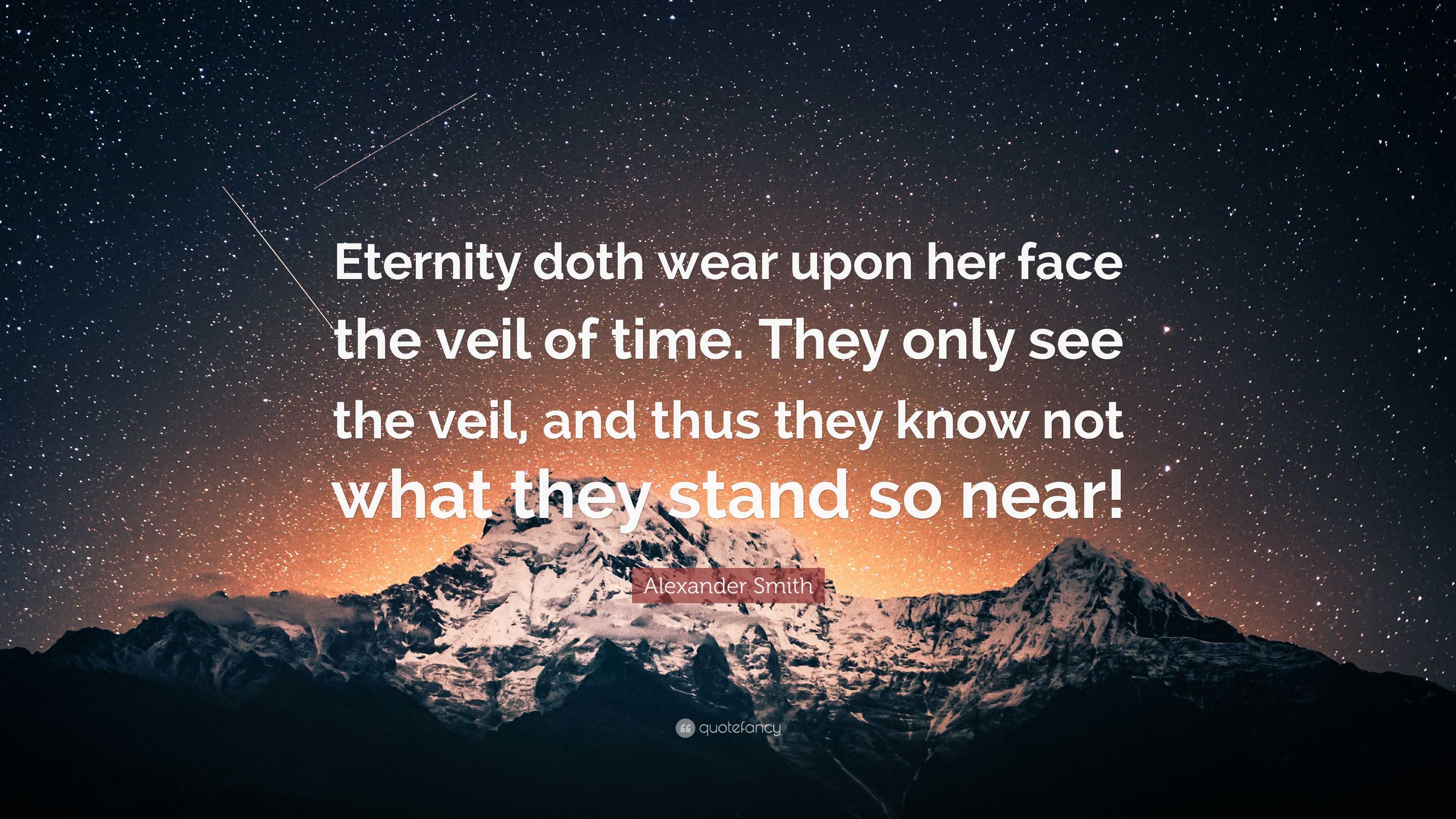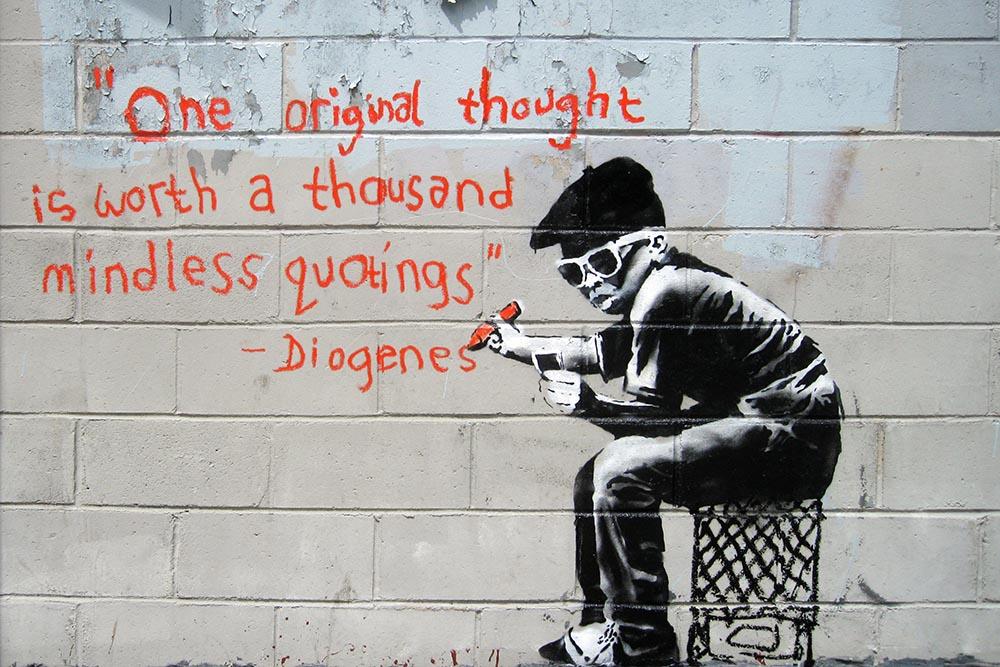
Of late, I have been giving some thought to what makes for a productive debate or argument, which has prompted me to outline some orienting principles below that others can use to partake in more fruitful dialogue on matters of importance. Another reason why I want to set these out is as a means of holding myself accountable to these rules as I move forward in my career, which isn’t always easy, especially when what is being discussed is quite emotive by nature (I’m conscious that I’m writing this on Australia Day so perhaps they spirit of the times as it concerns this occasion has attuned me to this reality). You may have noticed above that I used the word ‘productive’ to describe the aim of what a debate should seek to achieve, and not ‘victorious’, because I think that if our primary motivation is to win a debate/argument, then we will be too ready to transgress these principles at the cost of establishing common ground, demonstrating respect, and the facilitation of mutual understanding that can form the basis of collaborative problem solving. In this analysis, I’m also not going to focus on the body language and voice components of these interactions, as it is my view that the importance of these factors is often overstated and hyped by experts who see them as a means of ‘hacking’ a desired outcome in this context. With that out of the way, here I go with my rules:
1. Subjugate your ego – In a debate/argument, the primary goal of your ego will be to win, be right and to exert the force of your will on the other party to tilt the dialogue in your favour. In the process of doing this, you will be reducing not just the other person, but also what they have to say, to a means that you think will make you look good, or superior, in relation to your perceived opponent. In reality though, it will be blatantly apparent to others what you are doing and they will go on the defensive. For the person you are debating, this will evoke them to engage their own ego, and for those who are listening or watching, in their judgment you will lose credibility and respect as they realise your self-interest in winning the debate at all costs is going to trump any good faith attempt to listen to the other person and come to a resolution that honours the best of what both sides have to offer. This is the higher road that the ego won’t let us travel down because at the end of the day, it won’t allow us to give any ground to those who it feels dare to oppose or critique our position. It also doesn’t help that social media platforms incentivise egocentric behaviour in debate that serves as a bad example of how dialogue should be conducted (videos where it is described that someone is being ‘schooled’, ‘owned’, ‘dunked on’ or ‘destroyed’, for example, are boosted by the algorithm to drive engagement for those content creators).
2. Don’t prejudge, and be open to what the other person has to say – It is very tempting to want to put someone into a box and paint a broad stroke picture of them based on positions they have taken in the past, but try to avoid this as there is inevitably much more to this person than what they reveal at the surface level of their being. By all means, be conscious of what they have said to signal where they stand on issues, but if you can not pre-judge and be open to who they are and what they have to say, a space will be created where their depth of insight and nuance can emerge to better inform the discussion at hand. Not only does this serve them, but it also serves you and what should be a starting intention of yours to find a middle ground.
People are normally very appreciative of, and inclined to look very favourable upon, others who can create this space for their authentic voice to come forth. Being an exercise in allowing vulnerability, what can often impinge our ability or desire to do that for another is our own fear of being vulnerable in their presence. When you see someone in debate who is leading from their ego, this is often what is going on. It is worth appreciating also that debates by their nature are also forums of personal exposure in the sense that even if we are putting our best foot forward, we risk appearing as though we are out of our depth or looking stupid, which is one of the underlying components of the grave fear that many have around public speaking. Having the grace to allow the person we are speaking to to articulate what they have to say without the fear of scorn or censure, also works out favourably for the person granting that gift as the audience is more likely to extend grace to them for any faux pas they may commit in the course of the discussion. Such is the room that our goodwill affords.
When we don’t try to pigeonhole others and are actually open to receiving more of who they are and the insights they possess, we also expand our potential to learn something valuable that we did not know, and that can better inform our own views on the matter at hand. Just the other day, I heard something along the lines that what you or I know is less than .001% of all things that are learnable. In terms of total knowledge that we are yet to accrue, this might even be a generous estimate. While I know a few things about areas of interest such as leadership, vocation, the law and basketball, I know exceedingly little about things such as aviation, astronomy, gastronomy, croquet and Senegalese culture (to mention only a fraction of things that I know but a sliver about). Therefore, if I encounter someone who has knowledge of those things, and mentions them in a context relevant way during the course of a debate, it would behove me to become completely teachable in those moments, especially given the reasonableness of not expecting any one person to have access to the full spectrum of knowledge, and the lack of shame associated with that. Even the greatest polymaths have their limitations, and those who present as galaxy-brained in debates are liable to come across as fools as they overreach on topics that they know very little about. Best then not to be like them, when we can pre-emptively learn from their mistakes.



